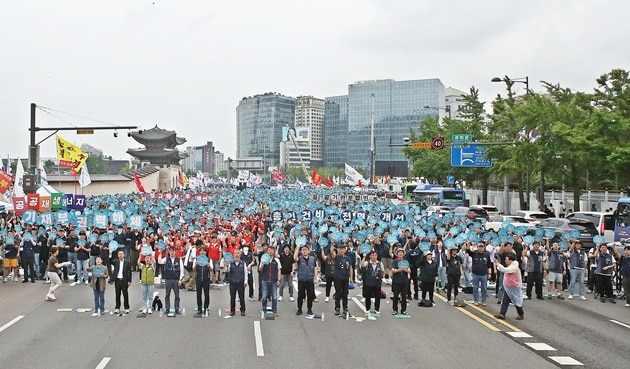A few days into his presidency, Jair Bolsonaro is taking actions that are already having a great impact on society and turning the country into a context of crisis of serious concern.
In addition to the labour reform implemented by the government of Temer in 2018, that resulted in more precarious working conditions, suppression of rights and more unemployment, this new government is going to increase informality, favour large producers over small and increase social polarization.
Since January 1st, the minimum wage was reduced as well as the resources for equality and social justice policies. Indigenous lands were deregulated and are now under the Ministry of Agriculture, disregarding the National Indian Foundation (FUNAI) and the National Institute of Colonization and Agrarian Reform (INCRA). Now, the indigenous peoples of Brazil and their lands are completely vulnerable, something that in the past meant the exploitation, genocide and disappearance of several indigenous communities in the country.
Once again, the workers are being targeted by the government. The Ministry of Labour was eliminated, the aim is to impose a 10-hour workday and increase the flexibility of workers ‘rights, in addition to the constant attack against progressive parties, in particular the Workers’ Party (PT). The Court of Justice is biased once again, handing a second sentence to former President Lula, under the same conditions as the first, in a process that lacks legal support or documentary evidence, reinforcing the idea of persecution against progressive parties. On this path towards increasingly conservative policies, the government proposes that the Federal Police be the government body that regulates and grants the existence of trade unions, a decision that contradicts freedom of association.
Bolsonaro’s desire for militarism and a “nostalgic” look towards the military dictatorship (1964-1985) create an environment of extreme militarization of internal security, with the proposal of a “more armed” society. His alignment with Donald Trump’s policies, his criticism of Mercosur and Brazil’s recent exist from the migration agreement, have generated controversy in the Governing Council.
UNI Americas expresses its solidarity with our Brazilian brothers and sisters who continue to fight against reduction in rights, and in favour of the most vulnerable. We will be present in every rally, in every protest, standing by you to claim everything that has been achieved by the trade union movement.


